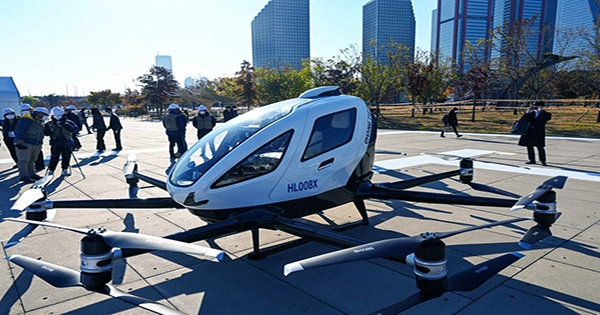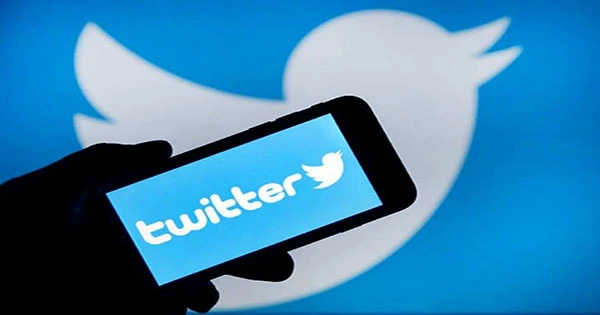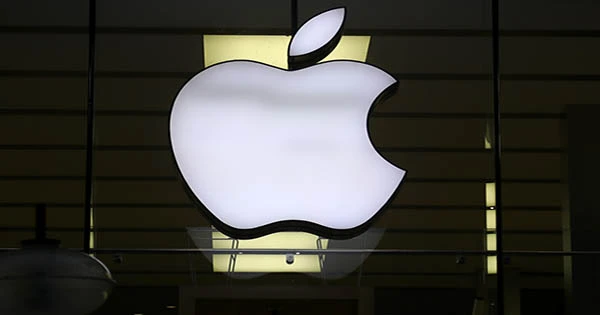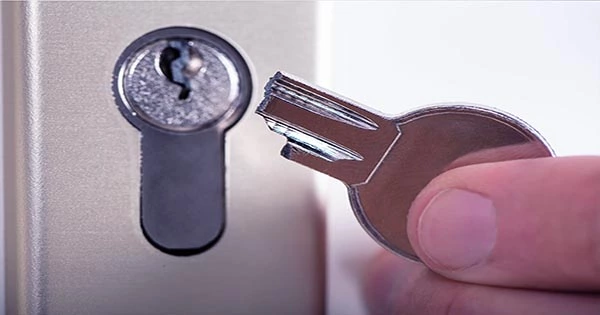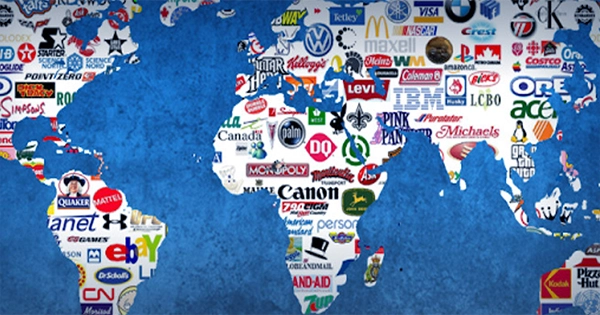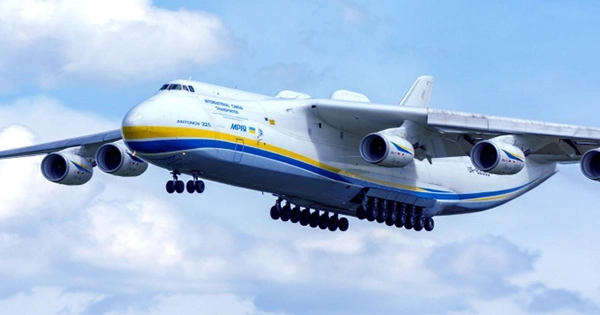Joby Aviation, a California-based electric vertical takeoff and landing business, is partnering with SK Telecom (SKT), one of the country’s leading telecommunications firms, to launch an air taxi service in South Korea. On Sunday, at Joby’s production facility in Marina, California, the two partners inked a strategic collaboration agreement. The air taxi service will use the T Map Mobility platform — an SKT spinoff that provides subscription-based mobility-as-a-service that includes rental cars, parking, ride-hailing, and other transportation-related services — and the UT ride-hailing service, a joint venture formed between T Map and Uber last year, eight years after the Silicon Valley-based ride-hailing giant first attempted to enter the Korean market — to provide better integration between land and air travel.
Joby and Uber have a relationship dating back to 2019, when the two partnered to help Uber create an urban air taxi service. Uber will invest $50 million in Joby’s Series C in 2020, as well as an additional $75 million in a deal that includes Joby’s acquisition of Uber Elevate, Uber’s airborne ride-sharing unit, and an expansion of their collaboration. Joby’s ride-sharing services will be available to passengers through either the Joby or Uber apps when it launches in U.S. markets — Joby has stated that it aims to start a commercial service in the United States by 2024 as a result of these collaborations. As a result, consumers in South Korea are expected to experience a similar app connection with UT.
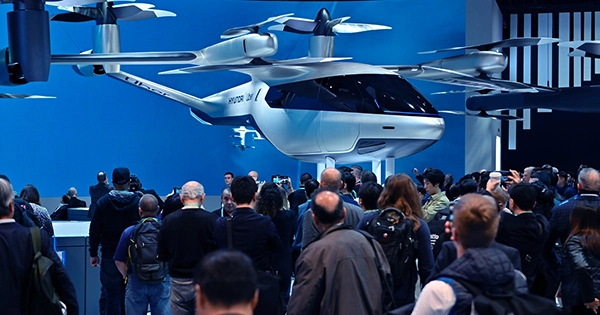
While SKT and Joby are now pursuing accreditation from the South Korean government, an SKT representative stated that no plans have been made for when or where the air taxi service will be launched. However, the corporations have issued a statement expressing their support for the South Korean Ministry of Land, Infrastructure, and Transport’s Korean Urban Air Mobility (K-UAM) Roadmap, which aims to commercialize limited UAM services by 2025 to alleviate traffic congestion in major cities. By the end of the decade, the aim is to have up to ten air taxi stations in the Seoul metropolitan region, all of which will be connected to local buses, subways, and other modes of transportation.
SKT is a member of “UAM Team Korea,” a government-led consortium of business sector partners including Hyundai, Korean Air, and Incheon International Airport Corporation that is pushing for domestic UAM to be stabilized sooner rather than later. “With over 42 million people living in metropolitan areas, South Korea presents a great opportunity for Joby to make air travel a part of daily life, helping people save time while lowering their carbon impact,” said Joby CEO JoeBen Bevirt in a statement.
While Joby is expanding in South Korea, the company is also looking for chances in the United States. Joby is requesting authorization from the FCC to conduct a series of air taxi flights over San Francisco Bay to test its second-generation pre-production prototype, the S4, which has a maximum range of 150 miles and a top speed of 200 miles per hour, according to TechCrunch. The business also says that it has a low noise profile, allowing it to operate in congested settings.
